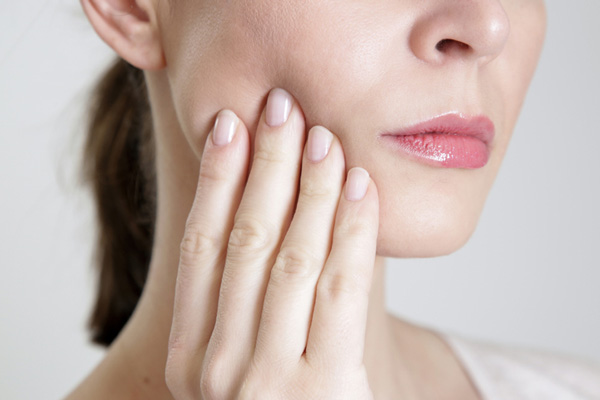
Did you ever wonder what would happen if you developed a serious medical emergency in your dentist office? Maybe not, but is their staff prepared to handle the problem? Do you call 911 and hope for the best? Will the emergency medical services get there in time or do you simply assume that your dentist’s office has the emergency equipment necessary to save your life?
Depending on the office location or circumstance, when you call 911, it can take between 4 and 45 minutes for EMS to arrive (Pons PT, et al; Paramedic response time: does it affect patient survival? Acad. Emerg Med. J 2005). If you are having a heart attack, stroke, or allergic reaction, rapid treatment can make a difference in the final outcome.
One may wonder how often medical emergencies occur in the dental office. A survey of 4,000 dentists showed an incidence of 7.5 emergencies per dentist over a 10 year period (Malamed, Medical Emergencies in the Dental Office 6th ed. Mosby, Elsevier, St. Louis, Missouri 2007). Even though the most common emergency is fainting, allergic reactions, seizures, cardiac arrest and insulin shock do occur. The ADA Council on Scientific Affairs has recommended that dental offices should have the following medical emergency equipment and drugs:
- Oxygen in a portable tank with an ambu-bag to produce positive pressure ventilation.
- Injectable epinephrin in the form of an Epi-pen for allergic reactions.
- Histamine blocker (Benadryl) in oral and injectable form for allergic reactions.
- Nitroglycerine for chest pain or heart attacks.
- Asthma inhaler (albuterol), which dilates the bronchioles during an asthma attack.
- Glucose tablets for hypoglycemia or diabetic coma.
- Aspirin, used as a blood thinner during a heart attack.
- First-aid kit.
- Automated External Defibrillator (AED), used during cardiac arrest (early defibrillation greatly improves survival during a cardiac arrest).
The American Dental Association Council on Dental Therapeutics report on the emergency drug kit states, “All dental offices should maintain at least the basic recommended emergency equipment and drugs. The content and design of these kits should be based upon each practitioner’s training and individual requirements” (Office Emergencies and Emergency Kits. ADA report. JADA. Vol 133 no. 3 364-366). Even with this report, dental offices are not required to have an emergency kit and some do not.
Each dental office should have its own medical emergency protocol. This protocol should include all staff having Basic Life Support (BLS) certification, also known as CPR. It should assign certain tasks to each member of the dental team. Mock medical emergency drills with staff biannually will keep the office prepared and prevent chaos. This saves valuable time during an emergency. The medical emergency kit must be checked monthly for expired drugs. Since power failures due occur, dental offices should have portable lighting and battery powered suction.
Most medical emergencies can be prevented with proper patient evaluation by the dentist. Your dentist should perform a thorough medical history. This should also include recording vital signs. This information is necessary to properly assess the medical risk to the patient.
The ultimate goal of your dentist and staff is to be prepared and promptly recognize and manage any medical emergency. Having the right equipment and staff appropriately trained can make the difference in preserving the patient’s health. So, next time you are at your dentist’s office, find out if the office has a medical emergency protocol and an emergency kit. Also make sure you have given your dentist a thorough medical history. Insist on having your blood pressure and pulse taken. This will ensure your safety if an emergency should occur.




